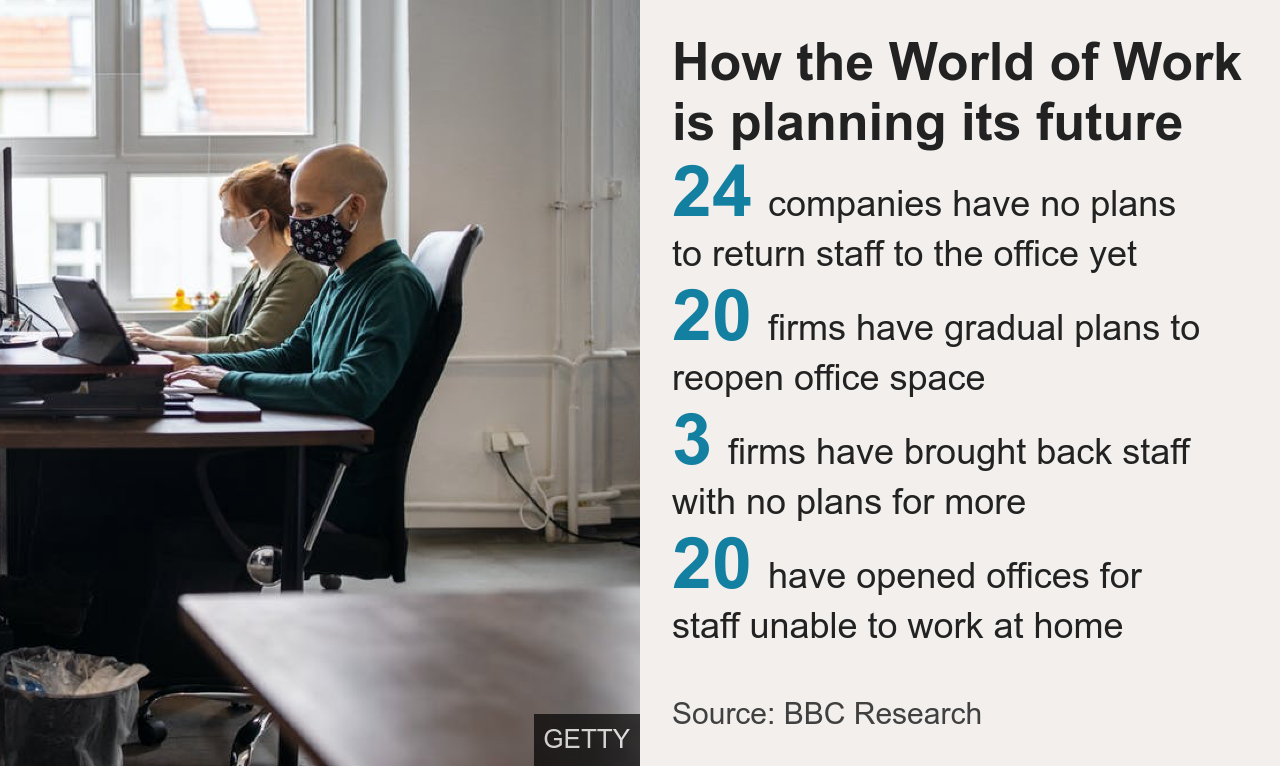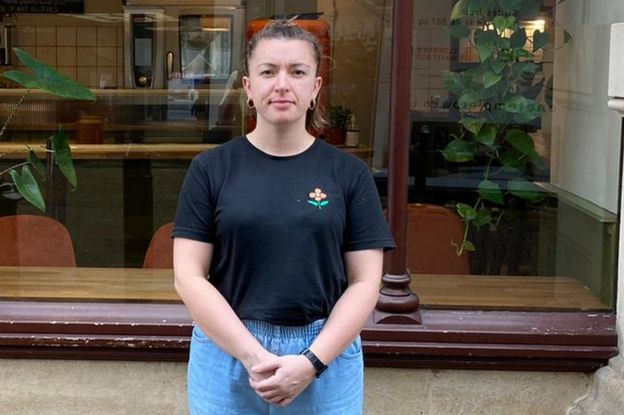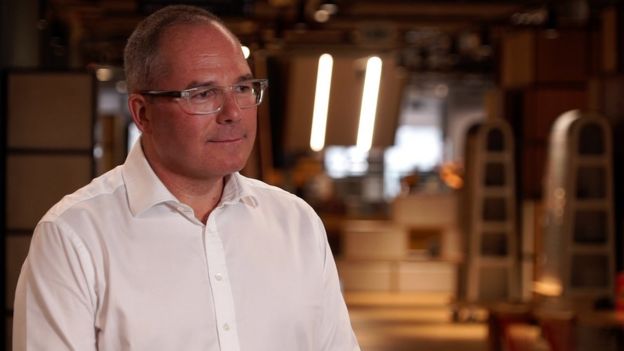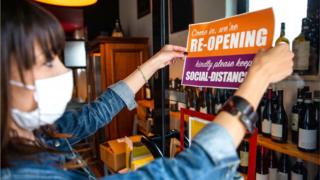NEW YORK (Reuters) - A gauge of global stocks pulled back from a record high on Monday but locked in a fifth straight month of gains while the dollar remained weak as investors adjust to the policy shift outlined by Federal Reserve Chair Jerome Powell last week.
U.S. stocks were mostly lower, with the Dow Industrials and the S&P 500 in the red, while the Nasdaq rose solidly. The S&P gained more than 7% for the month to notch its best August since 1986 in what is traditionally a softer month for stock performance.
The Nasdaq fared even better than the S&P for the month, up nearly 10% as it rallied for a fifth straight month.
“After such a strong summer run we’re reverting back to the old pandemic playbook, so we see tech outperforming,” said Mona Mahajan, senior U.S. investment strategist at Allianz Global Investors in New York. “Really, that’s a defensive move as people think about stay-at-home more as we’re heading toward that fall season.”
Fed Vice Chair Richard Clarida on Monday expanded on Powell’s comments from last week, saying that with the U.S. central bank’s new policy view, a low rate of unemployment does not on its own trigger higher interest rates. Last week, the Fed said its new strategy plan is to use higher inflation when the economy is robust to offset the impact of periods of weaker prices.
Monday marked the day first trading day for the revamped Dow, with Salesforce.com (CRM.N), Amgen Inc (AMGN.O) and Honeywell International Inc (HON.N) joining the 30-component index, replacing Exxon Mobil Corp (XOM.N), Pfizer Inc (PFE.N) and Raytheon Technologies Corp RTX.N. Honeywell ended the session lower while a move higher late in the day pushed Salesforce and Amgen to the plus side.
The Dow Jones Industrial Average .DJI fell 227.7 points, or 0.79%, to 28,426.17, the S&P 500 .SPX lost 8.04 points, or 0.23%, to 3,499.97, and the Nasdaq Composite .IXIC added 79.82 points, or 0.68%, to 11,775.46.
The dollar edged lower against a basket of major currencies on the day and suffered a fourth straight monthly decline.
In Europe, stocks closed lower on the day as financial shares were weighed down by soft inflation data in Germany and Italy, but managed to close higher for the month. Trading in London was closed for a public holiday.
MSCI’s world equity index .MIWD00000PUS rose 5.9% in August for a fifth straight month of gains as massive monetary and fiscal stimulus outweighs concern about the outlook for a world economy battered by the coronavirus. The index hit a record of 587.77 on Monday before reversing course on the day.
The pan-European STOXX 600 index lost 0.62% and MSCI’s gauge of stocks across the globe .MIWD00000PUS shed 0.30%.
For a graphic on MSCI’s World Stock Index:

The expectations for the Fed to keep interest rates lower for an extended period again kept the dollar in check, with a fourth straight month of declines, marking its longest loss streak since 2017. The greenback, as measured against a basket of six other major currencies, hit a low of 91.989, its lowest level since May 1, 2018.
The dollar index =USD fell 0.075%, with the euro EUR= up 0.29% to $1.1938.
Benchmark 10-year notes US10YT=RR last rose 6/32 in price to yield 0.7113%, from 0.729% late on Friday.
Oil prices gave up earlier gains. Brent crude oil dipped from a five-month high, as global demand struggled to regain levels prior to the coronavirus pandemic.
U.S. crude CLc1 settled down 0.84% at $42.61 per barrel and Brent LCOc1 was at $45.28, down 1.16% on the day.
Reporting by Chuck Mikolajczak; Additional reporting by Sinéad Carew; Editing by Leslie Adler






